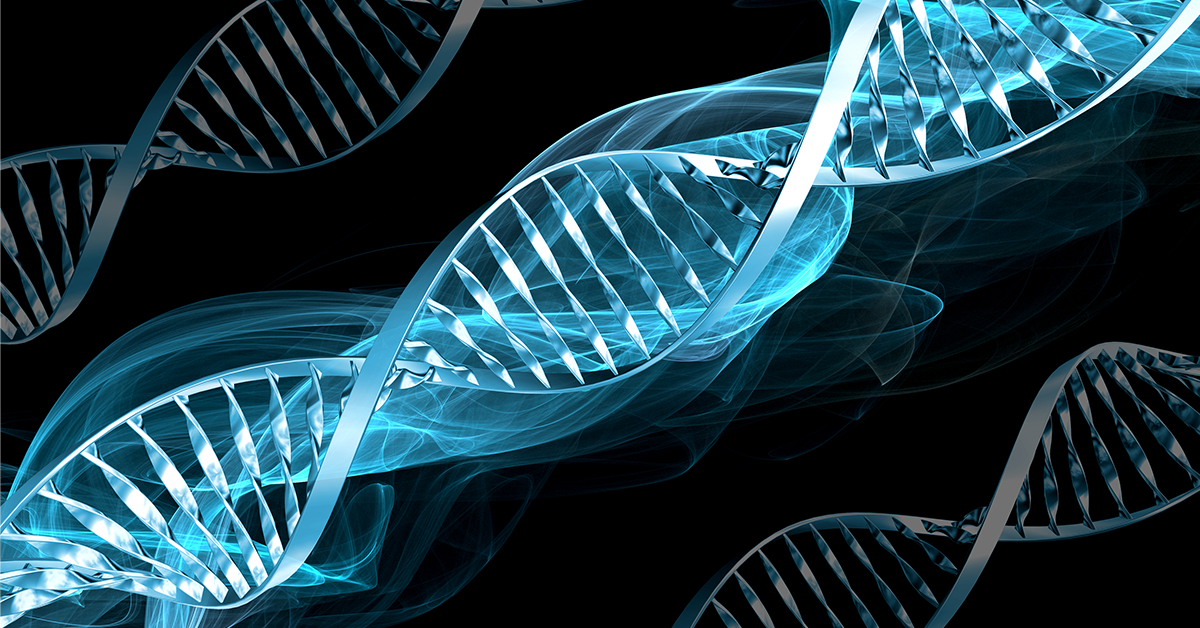
27 Apr Using Epigenetics to Understand and Treat Addiction
Addiction is defined as a chronic, relapsing disorder characterized by compulsive drug seeking, continued use despite harmful consequences, and long-lasting changes in the brain. It can affect families, relationships and careers, as well as the mental health of the person suffering from the addiction. Some people may downplay their addictions as fairly harmless, but more often than not, they are damaging to the person suffering from the addiction and the people around them. The study of epigenetics, in relation to addiction, is an important step in curbing and treating them in the long run.
Genetics vs Epigenetics
Genetics, or the study of genes, can be applied to current addiction research in order to gather how human genes control our habits. For decades, it has been believed that genetics plays a prominent role in determining things such as health, disease risks, weight, and even the likelihood of addiction. Studies around alcohol addiction have concluded that addiction to alcohol has some genetic components. The Genetic Literacy Project found that for those with one parent who exhibits alcoholism, their risk of a similar condition is about 25 percent. But that percentage does not take into account the home environment alcoholic parents provide for their children, and how this affects their risk of developing an addiction.
Epigenetics goes beyond the limitations of genetics and literally means “above” genetics. This field provides a deeper understanding of the human genome and the full picture of the makeup of human DNA. Essentially, it shows how genes can be altered by external factors. Although the external stimuli don’t change the DNA, it does turn the genes ‘on’ or ‘off’, which in turn affects how the cells read the genes. In studying the mechanisms that turn the expression of a person’s genes ‘on’ or ‘off’ without altering the DNA sequence itself, researchers now know that a person’s environment plays a role in addiction. Epigenetics proves that factors such as age, nutrition, stress, physical activity, working habits, and substance abuse can trigger changes in gene expression and even brain structure.
The study of epigenetics has revealed that it’s far more complex than a mere case of “it’s in my genes”. Researchers are now beginning to use epigenetics in understanding the cause of addiction itself, as well as the cause of relapses. For decades, people have believed their genes are to blame and that diseases such as addiction are passed down from parents and grandparents. Epigenetics shows that this may not be the case. Addiction is a direct result of a person’s environment, but many other factors play a role in influencing addictive choices.
Epigenetics also more clearly explains the cause of relapses in those who have recovered from addiction. Frequent use of strong substances alters gene expression and how DNA is shaped in the reward centers of the brain. This makes the person more susceptible to relapse even when they are fully aware of the negative consequences attributed to substance abuse. Since exposure to certain substances directly affects gene expression and brain structure, it makes sense that it influences choices and can result in continued drug use.
Using Epigenetics to Target the Cause of Addiction
Mental health professionals can use epigenetics as a springboard from which to pinpoint not only the causes of addiction but the causes of relapse as well. A more long-term effect of these kinds of studies is to target how regular exposure to harmful substances can change the structure of the brain and gene expression that leads to sustained drug use. This could help measure and treat addiction in the best ways possible. As with most diseases, the goal is targeting the root cause rather than merely treating the symptoms. Some of the issues that compound addiction are things like poverty, trauma, degrading mental or physical health, inadequate or absent parenting, and failing societal systems.
Measuring & Treating Addiction with Epigenetics
To better understand the role of epigenetics in lifestyle choices and behaviors, consider the example of identical twins. Although their genetic makeup is very similar, it is likely that they will be exposed to different environments over time. These environments determine their choices and their DNA absorbs this information. Consequently, this alters their behavior, which can result in one twin being more at risk of addiction than the other, regardless of whether or not they inherited genes that predisposed them for addiction from their parents. Scientists believe that this change in gene expression can even influence their individual responses to treatment, proving that using epigenetics to measure addiction can result in more effective treatment solutions.
Many rehabilitation centers are now beginning to apply this knowledge to measuring addiction in order to develop treatment programs and therapy methods that are more effective. By customizing treatments based on individual gene expressions caused by their environment, the healing process can be accelerated.
A study conducted at McGill University looked at the epigenetic changes that occur in DNA during the withdrawal stage of those attempting to overcome addiction. By adjusting the epigenetic marks that occur as a result of cocaine withdrawal, it could be possible to treat people struggling with drug addiction using epigenetic drugs. The results offer hope for potential epigenetic-based treatments that will likely be more effective than other therapies.
Mental health practitioners are hopeful that further research into epigenetics could help to develop simple tests that can be used to measure addiction early on by targeting those most at risk due to their environment. Additionally, it could provide them with useful data that can be incorporated into more effective treatment programs and therapies.



Sorry, the comment form is closed at this time.